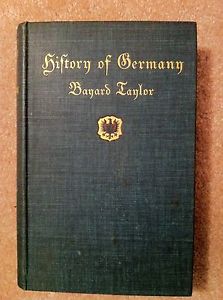"Neighbors"

Last post, I figured out where I was on the timeline. We were in the 2nd century b.c. when Pythaes sailed into the baltic sea and recorded finding a Germanic people as well as the Celts. This week we will move forward into the 1st centery b.c.. No Germanic written history from this period has survived so most of the history we have of them is from the eyes of those around them (i.e. the Celts and the Romans). A late 19th century imagination of the Cimbri and Teutoni on the march. According to Bayard Taylor's, A History of Germany, the Romans first heard the name "Germans" from Celtic Gauls; in whose language it meant "neighbors." Then in 113 or 112 b.c., still according to the Romans, a tremendous horde of strangers forced their way through the Tylorese Alps and invaded Roman territory. They consisted of two great tribes, Cimbrians and Teutons, which were Celtic and Germanic. Demanding territory or at least the ability to pass through. T hey numbe...




